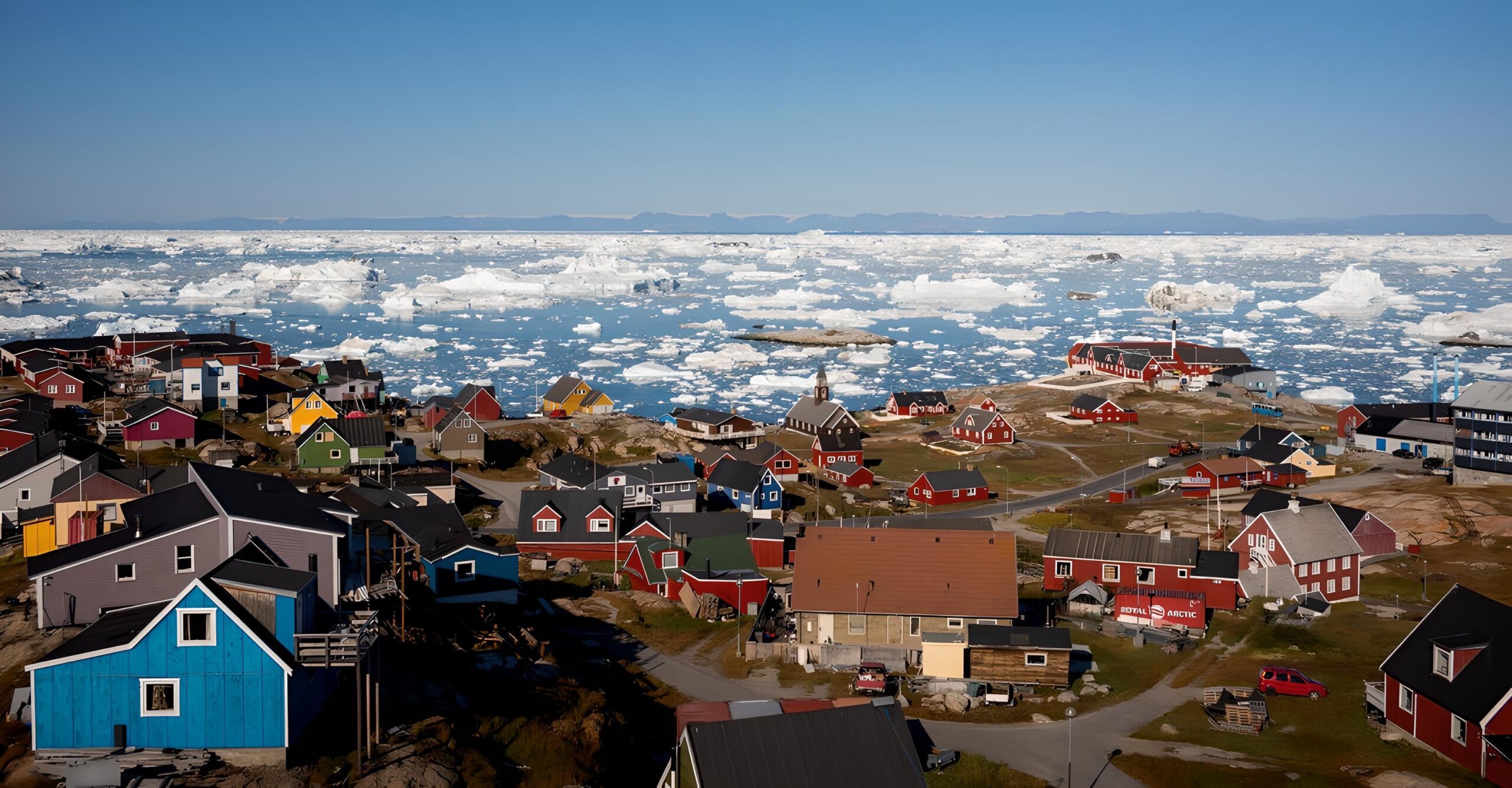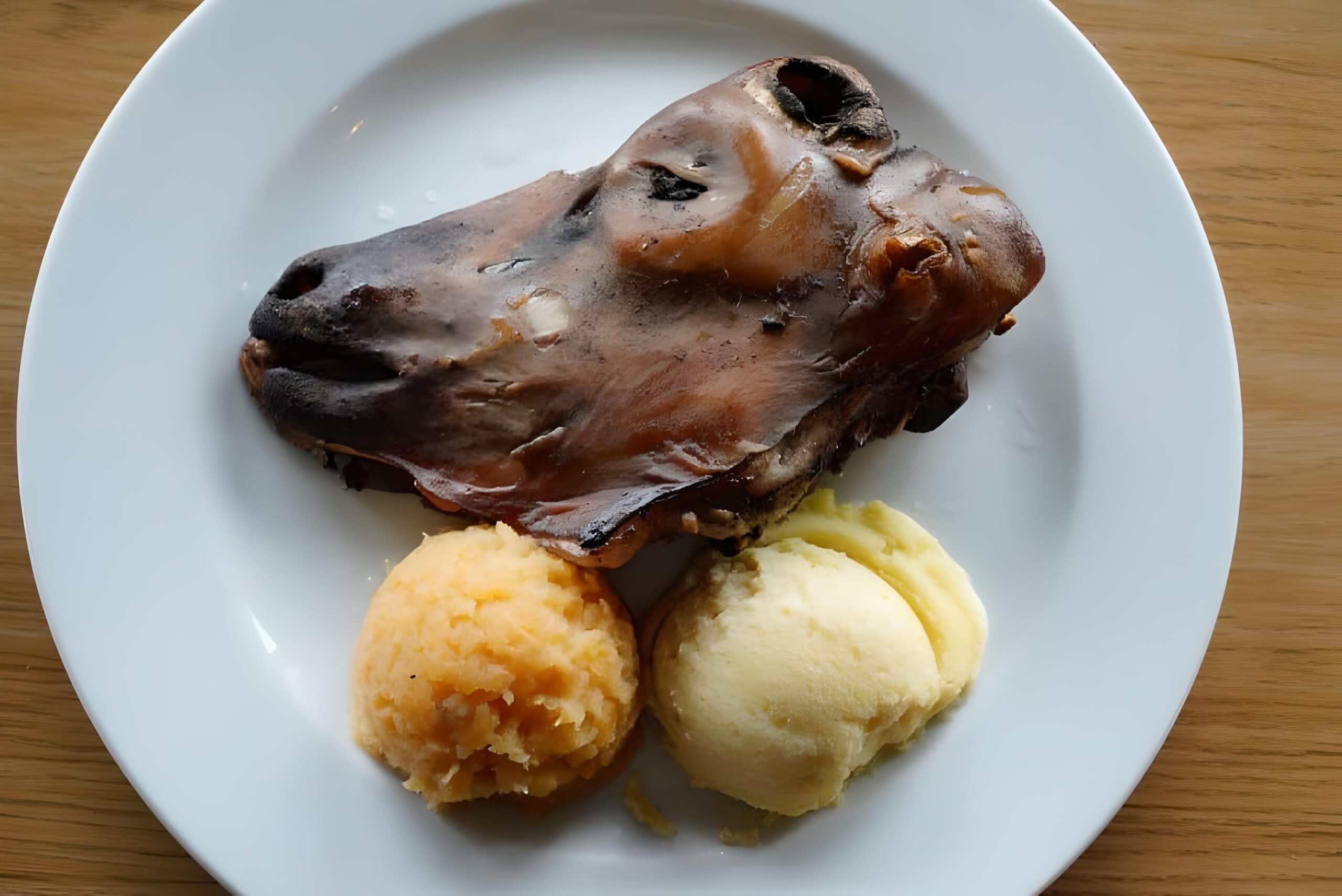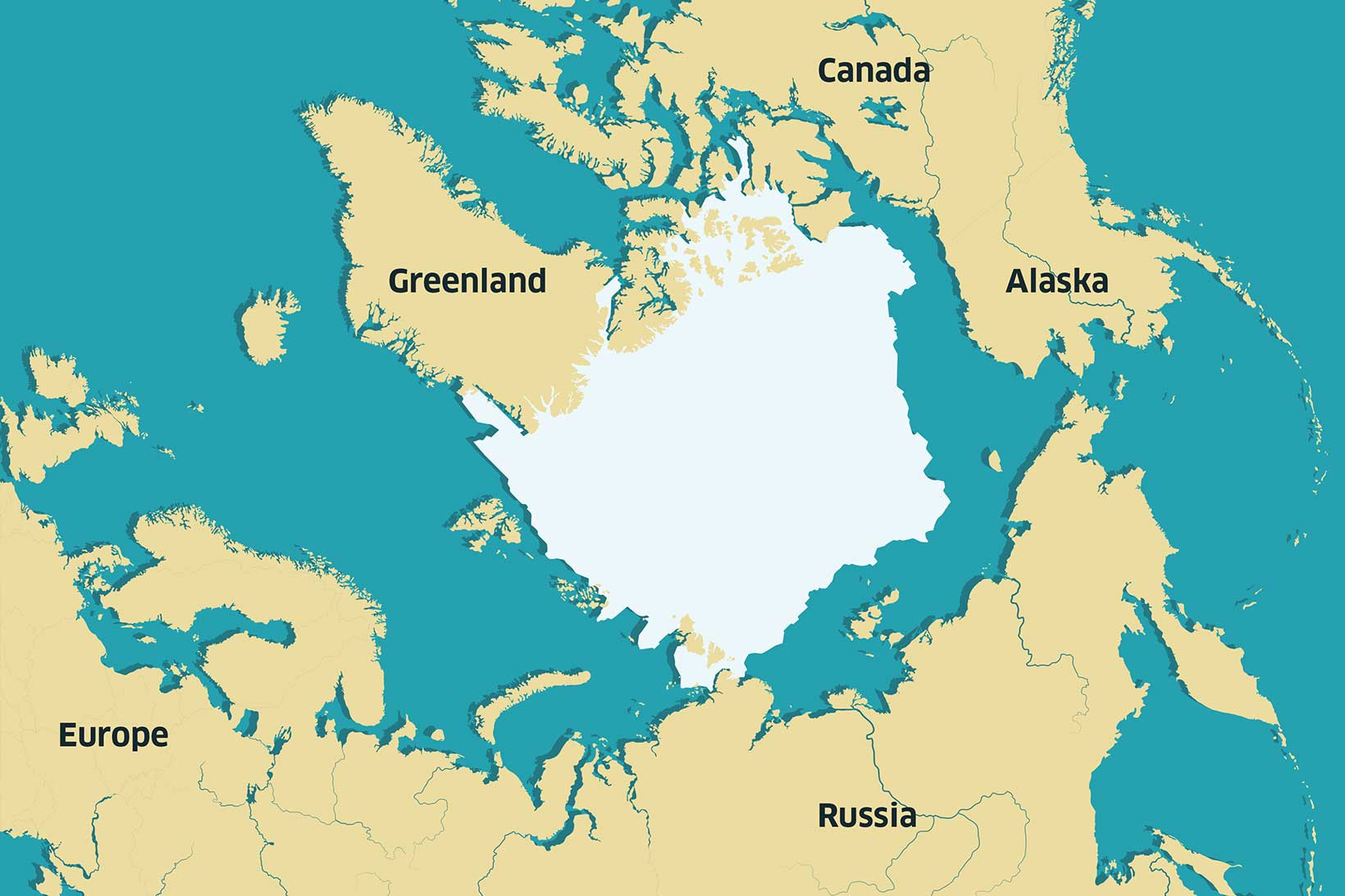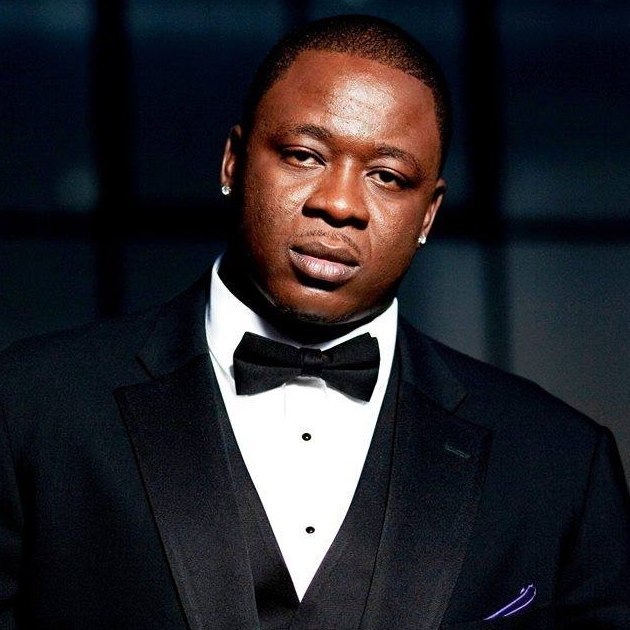A chilling rumor has slithered into our consciousness: President-elect Donald J. Trump has voiced an audacious intent to annex Canada as the fifty-first state of the United States. Initially, when I heard this rumor, I dismissed it as preposterous. It sounded (to me) like a fleeting hallucination. Canada, that vast, glacial expanse of breathtaking, unforgiving beauty, a dominion of the British Crown? Negotiating its annexation with PM Justin Trudeau would invite catastrophe. The British monarchy would pay the ultimate price, a stark reminder of their lingering imperial shadow. Morden societies have forgotten about the Great Kingdoms. The very notion of American sovereignty also feels tenuous, a fragile construct.
Russia’s assault on Ukraine, however, has starkly illuminated the enduring penumbra of global dominion. It is a power thirst that stretches as far as China. The sheer magnitude of such an undertaking as annexing Canada is staggering. I anticipate at least ten new states. Each fiercely independent Canadian province and territory must metamorphose into a state. These states would be a potential tinderbox within America’s volatile federation. I am not endorsing this lunacy. I am simply analyzing its audacity, even as there are elements of truth within. Arctic dominance: a blunt reality if the United States annexes Canada and Greenland, thereby seizing control of the frigid north. Is this the unvarnished truth?
Greenland, however, presents a different proposition: a simple, windswept island, a landscape of brutal allure and desperate poverty. Greenland is a far more tempting stronghold for China, Russia, and Europe. A transaction between The United States and Denmark to sell Greeland to the US will be a high-stakes gamble on a glacial playing field. But even Greenland, with its harsh environment and soul-chilling destitution, its inhabitants yearning for liberation from their icy purgatory… even *they* would first need to secure their independence. The image of Svið, Iceland’s notorious national dish, a putrefying sheep’s head, flashed before my eyes – an imposing emblem of survival in an unforgiving arctic world.
A compelling overture lies beyond the unsettling realities of seal banquets and whale meat entrees. Would they prefer chicken? Greenland’s integration with the United States’ economic vitality would serve them well. That partnership could dramatically enhance their nutritional landscape and provide access to a diverse and abundant food supply for Greenlandic natives. Furthermore, substantial infrastructural development, including a network of new roadways, would foster seamless connectivity between Greenlandic communities. That would bridge geographical divides and foster economic growth. The Capital city, Nuuk, might see a real estate boom. Construction costs in this frigid region are prohibitively high.
The Arctic might melt faster. Such collaboration offers the potential for profound societal transformation. Perhaps it could even mitigate the devastatingly high rates of suicide that plague the Arctic settlement. However, it would be a mistake for anyone to underestimate the resolve of Denmark or her Nordic neighbors. The focus often falls on the obvious giants: France, Germany, the bellicose United Kingdom, and the calculating Netherlands. But Denmark… the icy sentinel forged in the cauldron of long winters, wields power honed by centuries of enduring monarchies. A decade immersed in Europe has etched this truth into my being. It’s unlikely that Denmark will surrender its strategic reserves of rare earth minerals.
Denmark would not relinquish Greenland without a protracted conflict. The ensuing skirmish would rage across frozen fjords and within the hallowed halls of ancient castles. There could be a brutal clash of wills that would shatter empires. And the UK? They would defend Canada with their very lives. Australia? Forget it. These are not up for negotiations. Giving up these domains would lead to existential battles – to be won or lost. The Arctic atmosphere now crackles with the potential for global conflict. It’s a frigid, lethal energy coursing through our future. Nevertheless, President-elect Donald Trump’s bluster holds a kernel of truth. Canadian tendrils slither into US politics, the economy, and culture, for example.
You will find many Canadians active in American comment sections on the internet. They are eager to wield some influence on United States affairs. This is undeniable. A decade in the frozen north has shown me this. Given a chance to meddle in American politics, many Canadians would seize it. Yet, constitutional ineligibility masks their ravenous hunger for a vote in American elections. There is a potential for a merger. Canada also has a smaller military when compared to the billions the United States hemorrhages to protect it annually. Trump is partly correct. There are hints of unspoken interests and threats. But… Let it be known, etched in the very granite of Britain’s resolve: Canada will *never* be sold. Never.
The thought itself, a bitter acid burning the throat, a phantom fist clenching around the heart. Trump might think he can broker this within his four years. He dares to dream of such a power grab. If he succeeds, the global landscape will change. He will be remembered as impacting the soul of North America. This legacy will last for generations. The taste of ash and betrayal will linger on the tongue of history. And the world? The 2030s, once a horizon shimmering with promise, will be shrouded in the chilling vessel of American imperialism. The future will be unpredictable, but a landscape ravaged by the bitter winds of greed and unchecked power, where the ghosts of broken alliances whisper betrayal on the gale.
The ground will tremble beneath the weight of such a monumental accomplishment to transform the US, Canada, and Greenland into one country. Greenland? A forsaken outpost, until now. Forget gentle melting. Picture the groaning, titanic sigh of ancient ice cracking under a sun that burns feverishly. The stench of brine and thawing earth assaults the nostrils as the new ocean claws its way into existence. It is not a placid waterway but a gaping, dark, hungry maw, a passage for steel-hulled leviathans and silent, predatory submarines. Follow the newly opened Arctic artery northward, past Greenland’s skeletal shores, and you confront the bear’s shadow: Russia. Then, further still, the dragon itself: China.
The shattered ice wall, once a barrier, is now a highway for invasion–a direct route to the heart of Canada, Europe, and the United States. The distance is shortened by global warming. Once a desolate wasteland, the Arctic is the ultimate prize, a geopolitical tinderbox. And who will claim total control of it? Who will stand against the encroaching tide of ambition, the shadow of war stretching across the newly revealed expanse? The geography has been rewritten, a chilling testament to the irreversible climate changes we’ve unleashed. So, yes, the Arctic landscape screams of impending conflict. The air itself crackles with the threat of unimaginable consequences. And the West must rise to this occasion.




